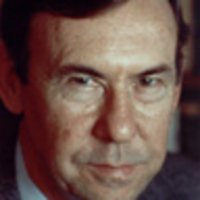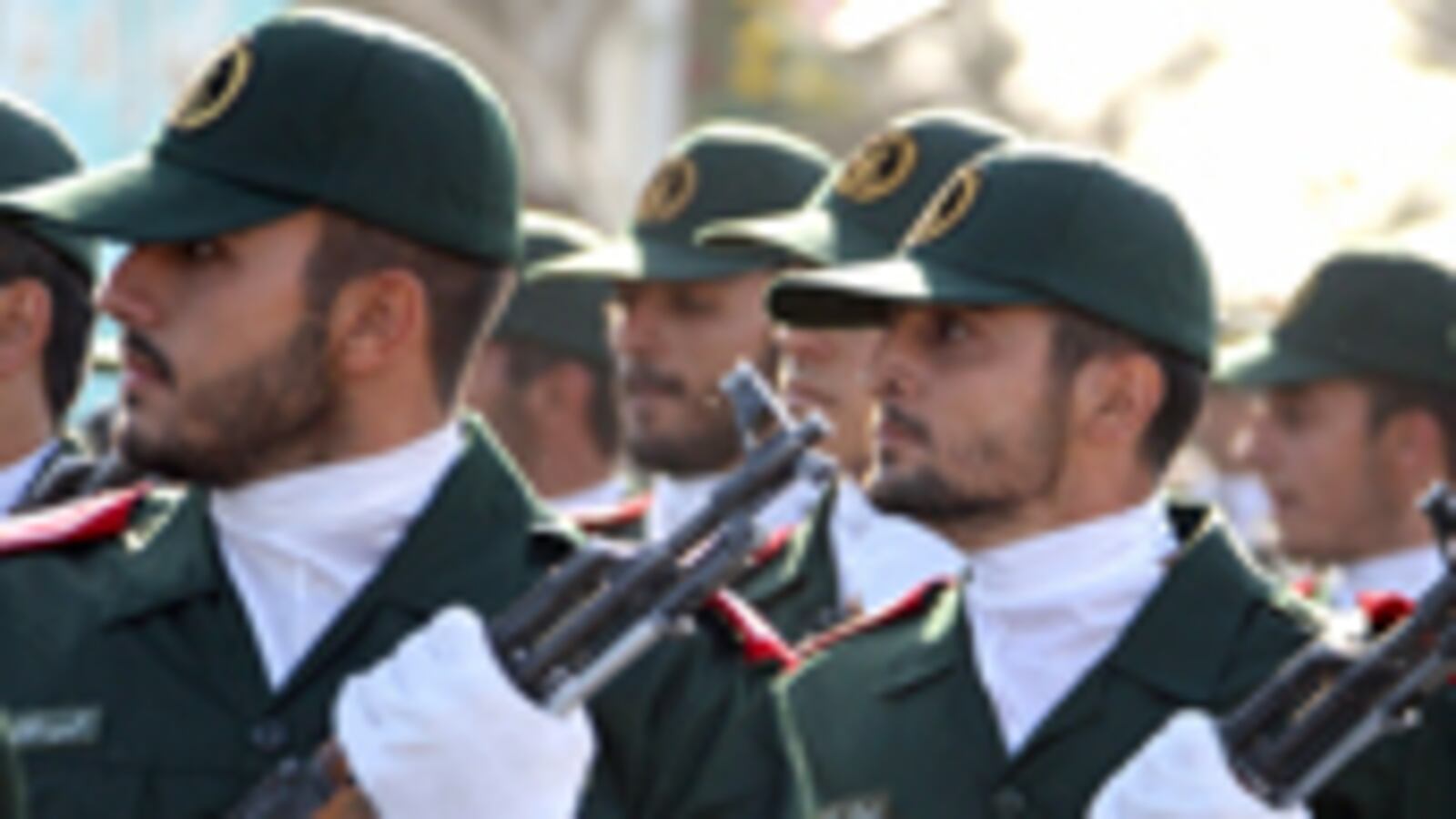
There are many different ways to look at the developments in Iran. One perspective that seems to have been ignored is what I regard as the cardinal role of the Revolutionary Guards.
Over the 20 years that Ayatollah Khamenei has been the rahbar, or leader, he has allied himself ever more closely with the Revolutionary Guards—to such an extent that it is no longer apparent to me who is leading and who is following. The Revolutionary Guards have been granted extraordinary influence over all functions of the Islamic republic—military, political, economic, and even Islamic. Technically, they take their orders from the leader, but has he ever dared to contradict them? On the contrary, he seems always to court them by granting them ever-greater influence and responsibilities.
Technically, the Revolutionary Guards take their orders from the supreme leader, but has he ever dared to contradict them?
Their military role was established in the course of the Iran-Iraq War when the Revolutionary Guards—originally a ragtag collection of earnest but untrained volunteers—gradually shouldered aside the professional military. Unlike the professional military, which had always abjured a political role in Iran, the Revolutionary Guards were recognized from the start as the protectors of the Islamic republic. They have gone on to acquire an active and pervasive presence at all levels of the political structure, particularly under President Ahmadinejad, who has appointed his fellow guardsmen to positions throughout the bureaucracy.
The economic role of the Revolutionary Guards has been much remarked on in recent years. The Guards themselves and companies run by the Guards have won major contracts in every corner of the economy, from airport construction to telecommunications to auto manufacturing. They have also allied themselves with some of the most conservative clerics, who view the revolutionary government not as an alliance of Islam and the people but as divinely ordained rule by a philosopher king who is to be regarded as absolute in his judgments—political as well as theological.
These elements combine to form an impenetrable core that arrogates to itself all authority in the Islamic republic. Needless to say, it also provides tangible benefits to very specific groups: the leader himself, who is thus promoted to a position not simply as first among equals but as the equivalent of an absolute monarch; the top leadership of the Revolutionary Guards, whose profitable dominance of all aspects of the government’s operations is guaranteed; and the conservative, politically minded clergy, who want a true theocracy with no meddling by those who are not properly anointed. The objective, quite simply, was to remove the “republic” from the Islamic republic.
This is a formula for the kind of militarized and nationalist corporate state under a single controlling ideology that is not dissimilar to fascist rule in an earlier day. Like fascism, it defines itself not only in terms of its own objectives but even moreso by what it opposes: liberalism, individualism, unfettered capitalism, etc. There is no need to push the definition too far, since fascism tended to be specific to a particular time and set of historical circumstances. But the resemblance in nature and practice seems to justify use of the term.
Regardless of what one calls it, this perspective helps to illuminate some puzzling aspects of the current circumstances. Why did the regime resort to such a frantic manipulation of the vote when it was entirely possible that Ahmadinejad would have made a respectable showing—or possibly even have narrowly won—a fair election, and when the opposition in any event was devoted to the concept of the Islamic republic as it existed? The answer may be that the corporate entity saw this election as one of the final steps in cementing its absolute control. Accepting the Islamic republic as it is and not as they wanted it to be was simply unacceptable. The emergence of a relatively mild reformer—or even a substantial reformist vote—would undercut the kind of absolute authority that they were getting ready to assert. It would, in a word, complicate the coup that they were in the process of carrying out.
Why have they taken such drastic and brutal action against their own people and why have they been so determined to blame everything on outsiders? Because any hint of compromise or doubt would have suggested that their level of support among the Iranian people was far short of their own self-defined (and largely self-delusional) pretenses of absolute popular support for absolute theocratic corporate rule.
This also helps to explain the nature of the stakes for the opposition, and particularly the rivalry from Hashemi Rafsanjani. The militaristic corporate state that was the object of the coup reduced the benefits available to anyone outside the narrow clique to mere patronage. For someone who was at least the second-most-powerful man in Iran and who was in direct competition with the Revolutionary Guards for political and economic influence, this was an existential moment. If he did not protect himself at this point, there would be no realistic chance to do so in the future, as the ruling clique consolidated its control. This was, ultimately, a naked power struggle between two opposite poles with contesting visions of an Islamic republic.
And where are the people of Iran in all this? Certainly they would be better off under a reformist government, rather than the smothering absolutism of the oligarchy. It was the brief glimpse of that possibility that brought them to the streets in the millions. They also sensed, as did the oligarchs, that there was a possibility that the existing regime would splinter and result in more humane governance.
The willingness of the corporate clique to brutalize the people they claim to represent has for the moment pushed the fire of revolt beneath the surface. But in Yeats’ immortal words: All is changed, changed utterly. What happens next is unknowable, but the Islamic republic will never again be the same.
Gary Sick served on the National Security Council staff under Presidents Ford, Carter and Reagan. He was the principal White House aide for Iran during the Iranian Revolution and the hostage crisis and is the author of two books on U.S.-Iranian relations.






